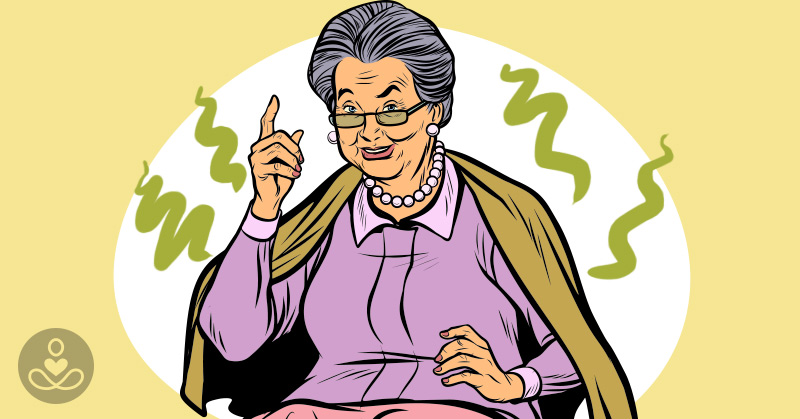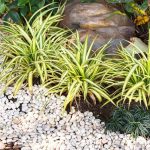It’s no longer surprising that elderly individuals have a distinct scent that can be challenging to mask with deodorants and fragrances. This ‘grandparent scent’ is not solely due to their clothes, hair, or sweat, but rather a natural occurrence as they age.
Scientists have delved into this phenomenon and discovered that as people age, their metabolism changes, affecting the skin’s chemistry. This leads to the breakdown of chemicals on and below the skin’s surface, releasing odoriferous molecules into the air, with 2-nonenal being a prominent compound causing this smell.
Where Does it Actually Come From?
Studies in Japan and Philadelphia have supported the theory that older individuals release more 2-nonenal, contributing to their unique scent. Dehydration, medications, and limited bathing can also play a role in the development of this smell among the elderly.
Supporting Experiments
In a Japanese study, older individuals were found to emit higher levels of 2-nonenal, while a Philadelphia experiment revealed that age groups could be distinguished based on the smell they emitted, with older individuals having a stronger scent. These findings highlight the natural occurrence of ‘old-person smell’ and its underlying causes.
Other Causes of Old-person Smell
In addition to 2-nonenal, dehydration, medications, and limited bathing can contribute to the development of an individual’s unique aging scent. Understanding the factors behind ‘old-person smell’ can help destigmatize this natural process.
Sources
- 1. Kevin Egan. 2013, October 1. Do you smell like an old person? Retrieved from www.tnonline.com
- 2. Matt Soniak. 2013, July 24. What causes old person smell? Retrieved from www.mentalfloss.com
- 3. Haze S, et al. 2001. 2-nonenal newly found in human body odour tends to increase with aging. Retrieved from www.ncbi.nlm.nih.gov
- 4. Wikipedia. Updated in 2018. Old person smell. Retrieved from www.en.m.wikipedia.org






